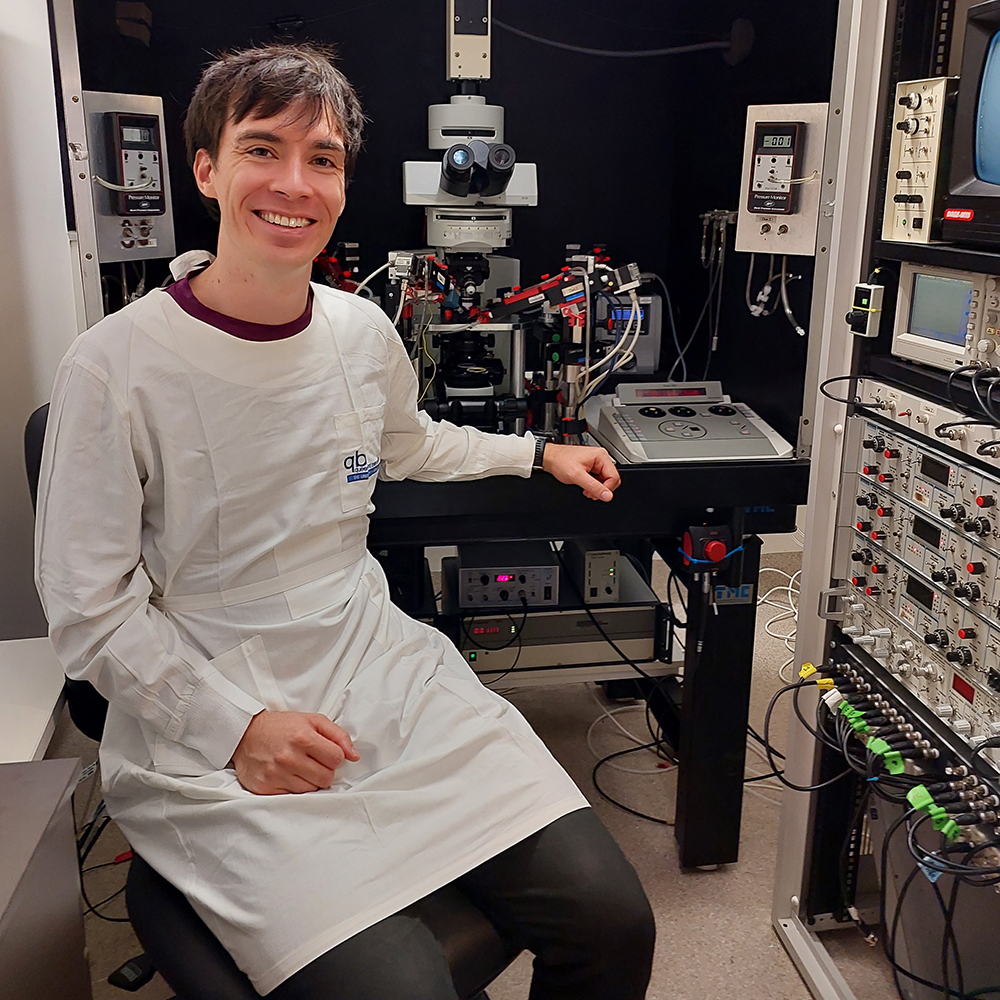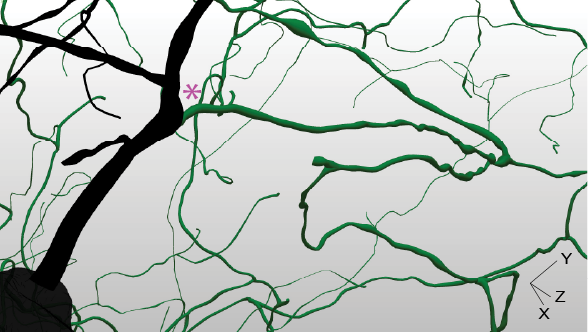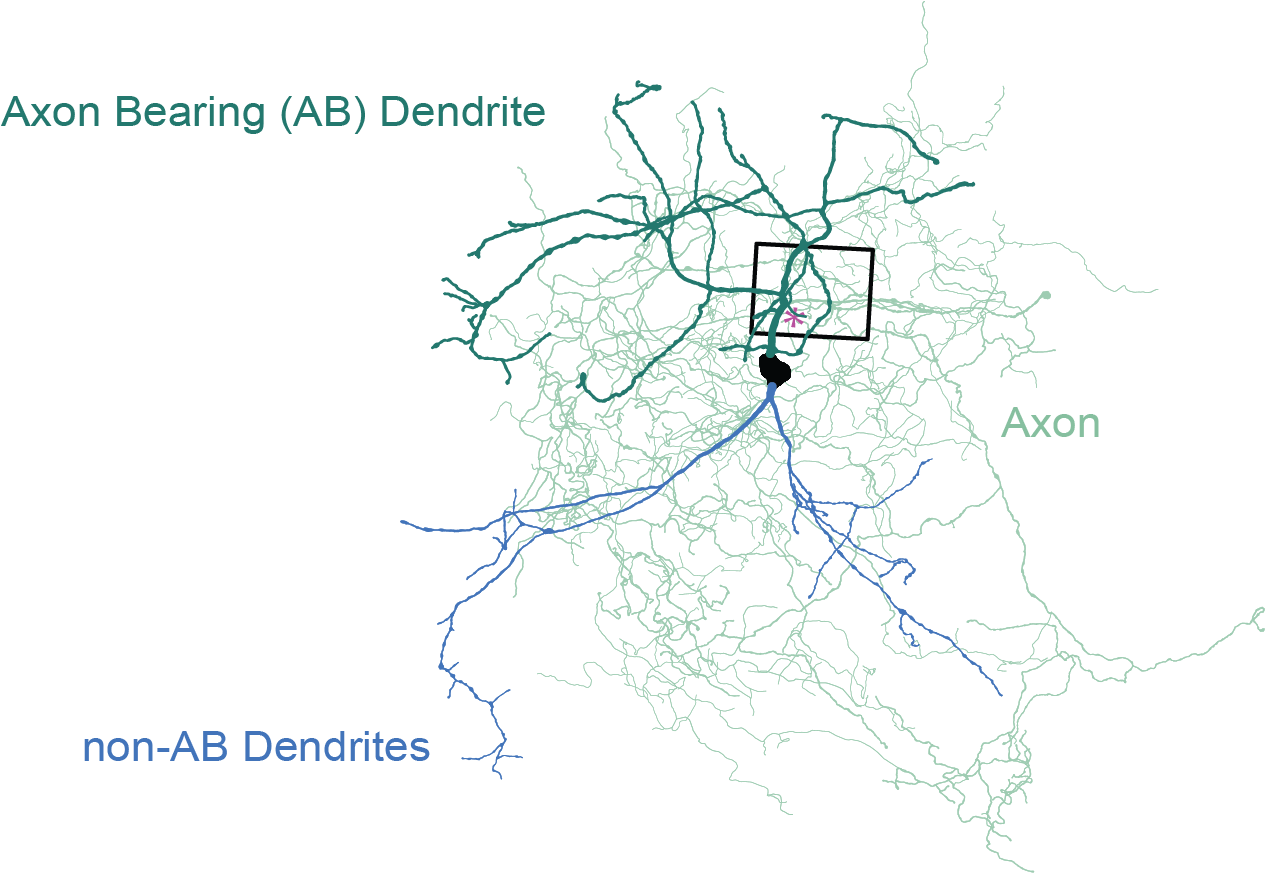Researchers at the Queensland Brain Institute (QBI) have uncovered specific functions of neurons in the brain’s complex neural circuits to gain deeper insights into learning and adaptive behaviour.
The striatum, a crucial area of the brain responsible for a number of aspects of cognition and learning including action planning, decision-making, reward and motivation behaviours, contains cholinergic interneurons that play a pivotal role in the neural circuit’s computational function and control how an animal changes its behaviour to suit a task or change in environment.
In a paper published in Neuron, researchers at QBI have discovered that the axons of cholinergic interneurons in the striatum attach directly to dendrites, contrary to the traditional understanding that dendrites and axons come from the cell body separately.

Dendrites are the part of the neuron that receive information from other neurons, while axons are responsible for relaying that input to the synapse via electrical impulses. Led by Professor Stephen Williams and Dr. Lee Fletcher, the team found that this unusual structural feature, together with the neuron’s ion channels, affects how information in these neurons is processed.
This has significant implications in learning and the transmission of information to the rest of the brain.
“We sought to understand how these particular neurons operate and compute information, and how that changes in different contexts,” Dr. Fletcher said.


“Inputs coming into the dendrite that bears the axon are much more effective and have a privileged influence over the neuron’s activity compared to inputs elsewhere. Interestingly however, this can be changed depending on the particular context.
“This privilege can be enhanced upon the arrival of salient sensory or motivational information or equalised upon receiving a signal from a set of different neurons in the form of a neuropeptide.
“These details are really important to understand in an area of the brain that is key to adaptive behaviour and goal-directed learning.”
According to Dr. Fletcher, understanding these computational mechanisms is critical to treating symptoms of diseases in which these neurons are implicated, such as Parkinson’s disease, more specifically.
“Elucidating these computational mechanisms is vital firstly for understanding our own brains, but also in developing future treatments of brain disorders that are more effective and with fewer side-effects,” he said.



